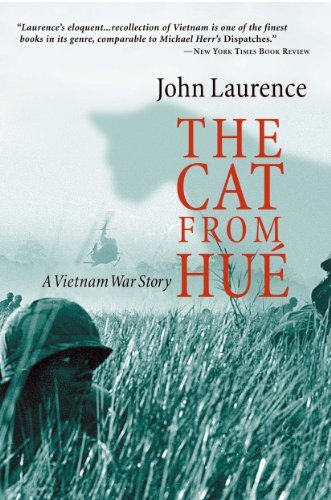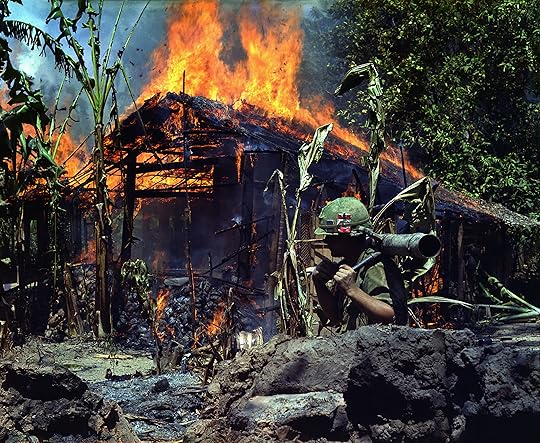What do you think?
Rate this book


872 pages, Kindle Edition
First published January 1, 2001

“Crack the Sky, Shake the Earth”
— Message to NVA troops before Tet commenced
“The potential for the disastrous rise of misplaced power exists, and will persist... Only an alert and knowledgeable citizenry can compel the proper meshing of the huge industrial and military machinery of defense with our peaceful methods and goals so that security and liberty may prosper together.”